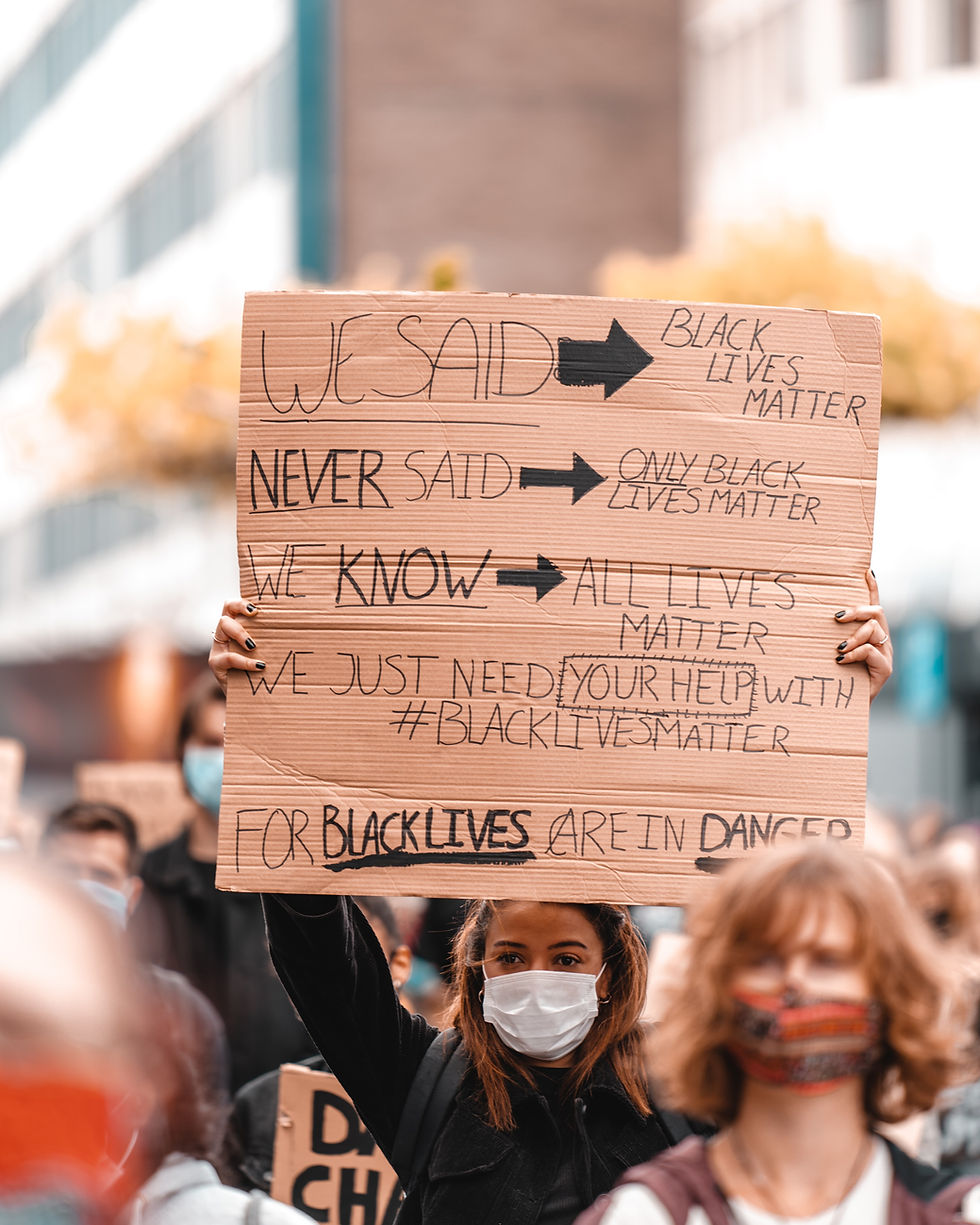Citational Ethics and the Decolonized Syllabus
- Engaging Politics

- Jun 26, 2020
- 2 min read
Updated: Jul 25, 2020
As several of the articles in the Issue suggested and as subsequent events have made clear, we need to change our citational practices and syllabus choices, showing our students by who we include in the syllabus and by who we choose to cite in our scholarship that their voices could one day be included, too. We need to stop privileging the vaunted authority of scholars whose accomplishments are rooted in unchecked arrogance and predatory behavior and whose racism, bigotry, and elitism have gone unchecked because of a society-wide uncritical veneration for Ivy League credentials. We need to marginalize (or, even better, exclude) racist theorists (while making sure to acknowledge the exclusionary and prejudiced history of our discipline); we need to stop citing pedophiles and abusers; and we need to actively promote the work of minoritized scholars.
The links below may be helpful on this front:
Damnatio Memoriae
"‘Himpathy’ for an Academic Pedophile Enables a Culture of Abuse" (June 24, 2020 -- Stephen Young)
"On the Erasure of Whiteness in Responses to Convicted Pedophile, A White Man" (July 1, 2020 -- Jae Han)
"Why are people tearing down monuments to racism?" (July 3, 2020 -- Verity Platt)
"Why are they destroying our history? Monuments, Statues, and Symbols" (This is Not a Riot!)
"Citation in the #MeToo Era" (September 11, 2018 -- Nicole Seymour)
Diversifying citations and Decolonizing the Syllabus
"The Politics of Citation" (May 31, 2019 -- Kecia Ali)
See also Sarah Ahmed's classic "Making Feminist Points" and the resources/perspectives collected at CitationPractices (Tumblr)
"Social Work So White: A Conversation with Rachel Cargle" (June 30, 2020 -- SWCARES)
This conversation centered on the field of social work specifically, but has many insights for folks all across the academy. In particular, pedagogues should take note of her call to students to #scourthesyllabus to see who is afforded the opportunity to be a knower. See Cargle's broader corpus at The Great Unlearn.
"This is not an Anti-Racist Reading List" (June 11, 2020 -- Megan Goodwin and Yohana Agra Junker)
This resource lists some examples of public scholarship by minoritized scholars in Religious Studies, many of whom (for instance Wil Gafney and Nyasha Junior) work in late antiquity.
This twitter thread by Nicole Lopez-Jantzen notes ways to connect Critical Race Theory to late ancient/early medieval settings in the classroom.
Here is a link to the Literature Compass article she mentions: "Between empires: Race and ethnicity in the early Middle Ages"



Comments